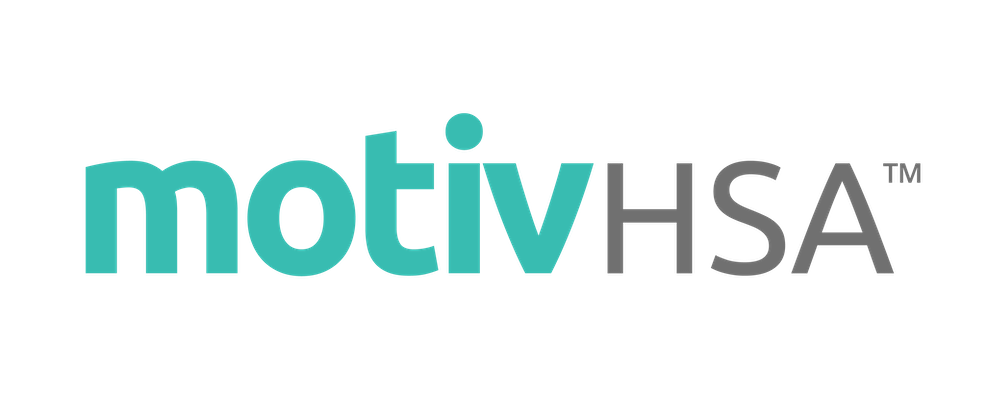Health Savings Accounts (HSAs) have become a popular and versatile tool for managing healthcare expenses in recent years. Offering a unique combination of tax advantages and flexibility, HSAs empower individuals to take control of their healthcare costs. One key feature that sets HSAs apart is the ability to roll over funds, providing a safety net that extends beyond the immediate healthcare needs. In this article, we will delve into the benefits of HSA rollover funds and explore how they can serve as a valuable financial asset in the long run.
Unlimited Access and Ownership:
One of the most appealing aspects of HSAs is the unparalleled control they give account holders over their funds. HSA funds always belong to the individual, providing peace of mind and financial security. Unlike other healthcare accounts, such as Flexible Spending Accounts (FSAs), HSA funds never expire. This means that individuals can accumulate savings over time without the pressure of a “use it or lose it” deadline, allowing for strategic planning and prudent financial management.
Transcending Job Changes and Retirement:
Another notable advantage of HSA funds is their portability. Even in the face of a job change or retirement, the funds in an HSA remain accessible. This distinguishes HSAs from employer-sponsored healthcare plans, where unused funds are typically forfeited. Individuals can carry their HSA balances forward, ensuring that their hard-earned money stays with them throughout their professional journey and into retirement.
Expanding the Horizon: HSAs as a Retirement Asset:
One lesser-known but highly significant aspect of HSAs is their transformative role as a retirement savings vehicle. What happens if you never need to use your HSA for medical bills? The answer lies in the fact that HSAs effectively transition into a retirement savings tool, comparable to a 401(k). This dual functionality makes HSAs a unique financial instrument that can serve individuals both in times of medical need and during their retirement years.
Upon reaching the age of 65, individuals can withdraw funds from their HSA for any purpose without penalty, similar to traditional retirement accounts. However, if the withdrawals are not used for qualified medical expenses, they will be subject to income tax. This flexibility provides retirees with an additional source of funds to supplement their income, cover unexpected expenses, or indulge in leisure activities during their golden years.
Strategic Planning for a Secure Future:
To maximize the benefits of HSA rollover funds, it is crucial to engage in strategic planning. Contributing the maximum allowable amount to your HSA each year, taking advantage of employer contributions if available, and allowing the funds to grow through investment options are all key steps to building a robust HSA balance. Check out MotivHSA’s investment options to choose a pathway that is right for you.
HSA Rollover Benefits:
Health Savings Accounts offer a powerful combination of flexibility, ownership, and long-term financial benefits. By understanding the advantages of HSA rollover funds, individuals can proactively plan for both their immediate healthcare needs and their retirement. As a reliable financial companion throughout life’s journey, an HSA stands as a testament to the importance of thoughtful financial planning in achieving a secure and comfortable future.
Sources:
Bri – What Happens to HSA Funds at The End of The End of The Year?

